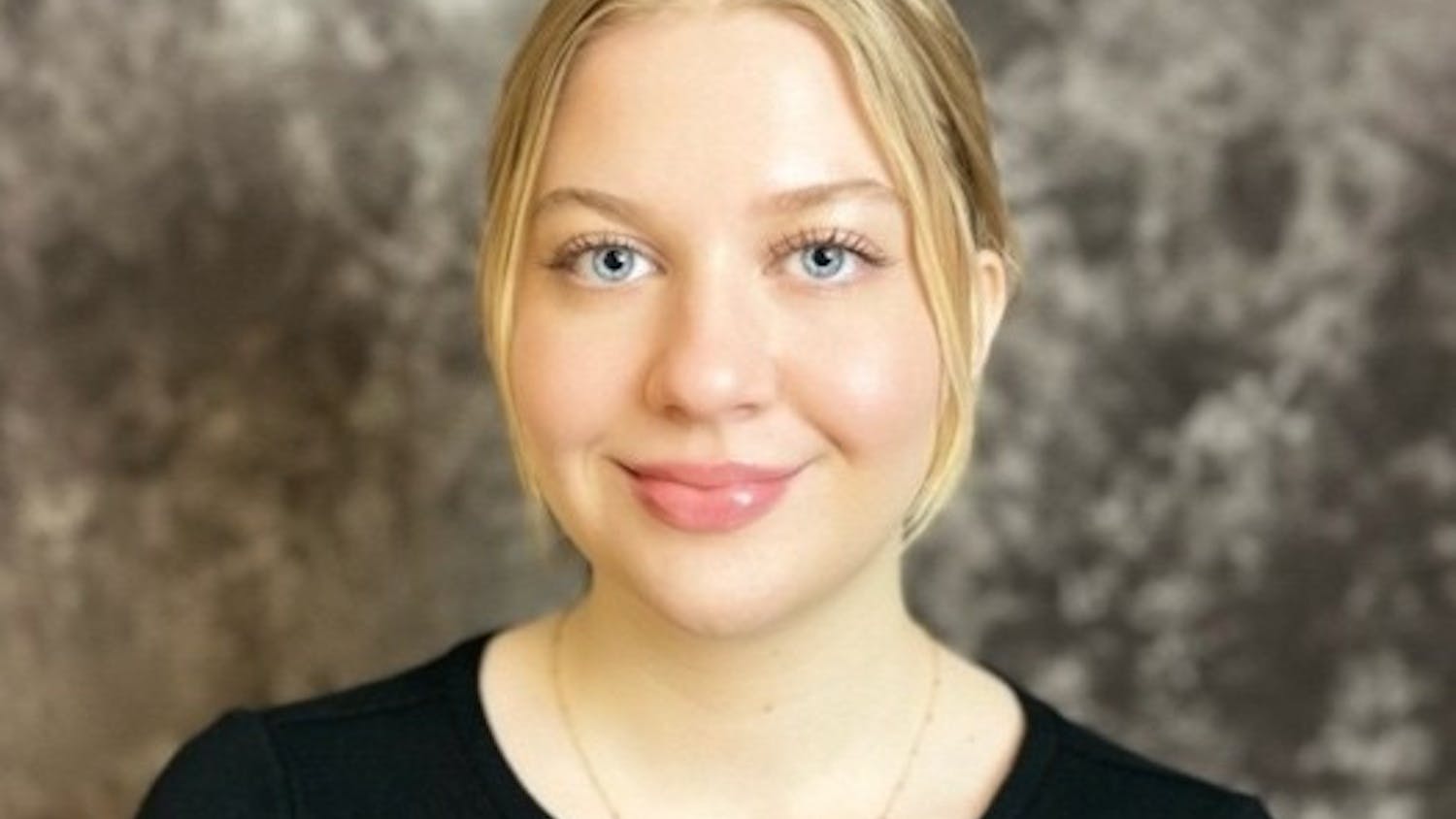The equilibrium between academics and athletics has long been dogged by uncertainty for the NCAA and its Division I schools, but at the University of North Carolina, the scales balancing school and sports didn’t just tip – they fell over, collapsing in a cloud of dust and disarray.
UNC, a well-known Division I powerhouse with a reputation for academic excellence, has been plagued by allegations of academic deception, with scandalous revelations about fake classes and inflated grades for student athletes.
Now, the details of the widespread deception, which occurred from 1993 to 2011, intentionally designed to help student athletes remain academically eligible at all costs have come to light. More than 3,000 students took “paper classes” with no faculty supervision or attendance.
More than half of the students taking these classes were athletes, assigned to the courses by their academic counselors who knew students could earn inflated grades with minimal work.
Currently, no coaches or administrators outside of the department have been implicated, but the school’s entire athletic program is now under fire with this revelation that the university’s athletic success has come at the expense of their student athletes’ educations.
It’s important to acknowledge that athletes have a rigorous schedule of multiple practices and workout sessions each day. They have to travel to and from games and are expected to compete at high levels.
Although most college students have to balance multiple commitments in addition to their academic schedules, ranging from part-time jobs to extracurricular activities, they nonetheless have their major, grade point average and eventual graduation as their primary focus.
But for student-athletes playing for and receiving scholarships from Division I schools, athletic careers are often prioritized over their academic futures.
In and of itself, that’s not necessarily problematic. But there’s no need for an all or nothing perspective. Student-athletes should be just that: students and athletes.
It wouldn’t be fair to expect student athletes to achieve stellar grades while also producing spectacular results on the field or in the gym. But it’s equally unjust to lower the standards for these students so far that they no longer have any incentive to pursue a legitimate college education.
At Division I schools, where athletics reflect upon the institution’s reputation and success, student athletes carry a heavy burden. They are expected to bring prestige to their schools, to win championships and public approval.
That pressure shouldn’t be exacerbated by unreasonably high academic expectations – and there’s nothing excessive about the minimum 2.0 GPA requirement, besides perhaps leniency – but it should be tempered with the reality of the college setting.
Athletes at universities are not paid employees, but students on scholarships. Attending class, writing papers and studying for tests has to be part of the picture, not just to maintain the sanctity of the NCAA but also for the sake of the students involved.
Student-athletes need advisers and coaches who push them to pursue academic success. It’s unrealistic to expect every overscheduled, stressed out young athlete to turn down the option of an easy A.
That task should be relegated to the adults responsible for supervising and guiding these individuals through their college careers, and at UNC, that responsibility was neglected, disrespected and abused.
This isn’t about athletes slacking off. It’s about students being denied the opportunity to learn.
email: editorial@ubspectrum.com




